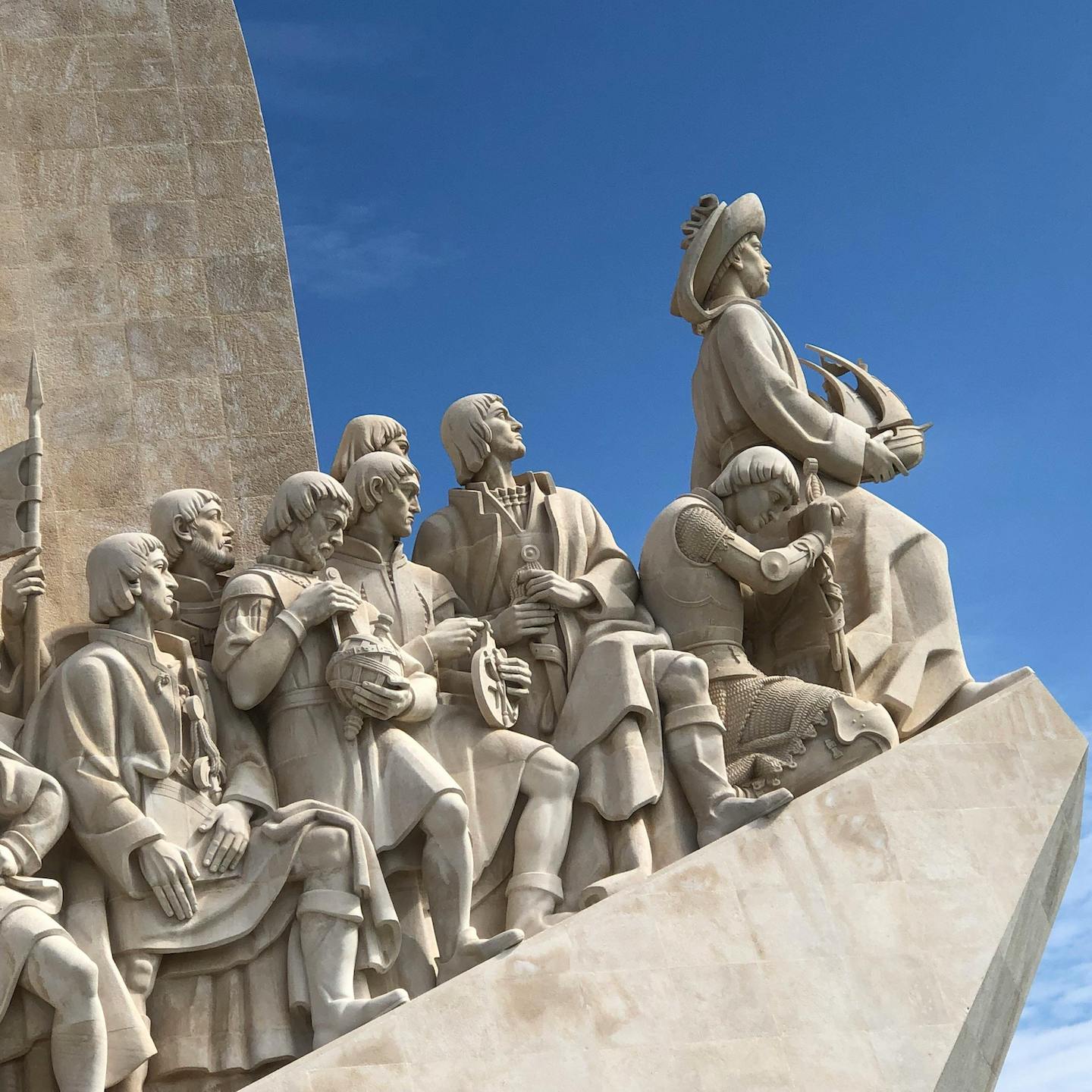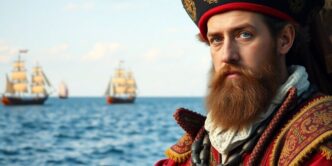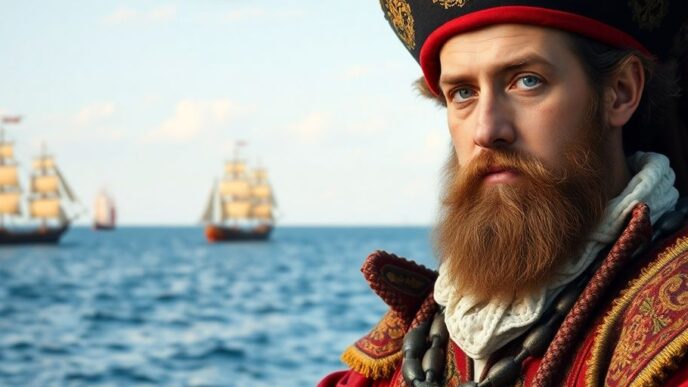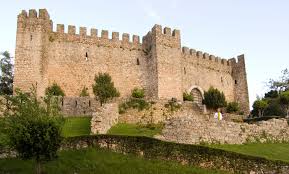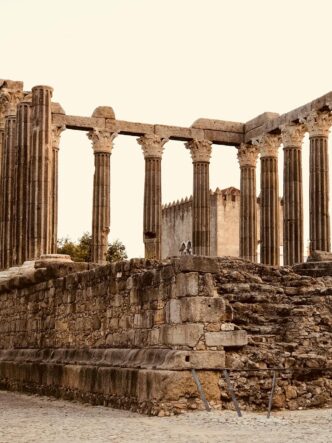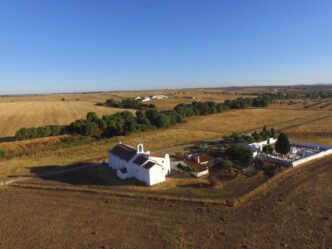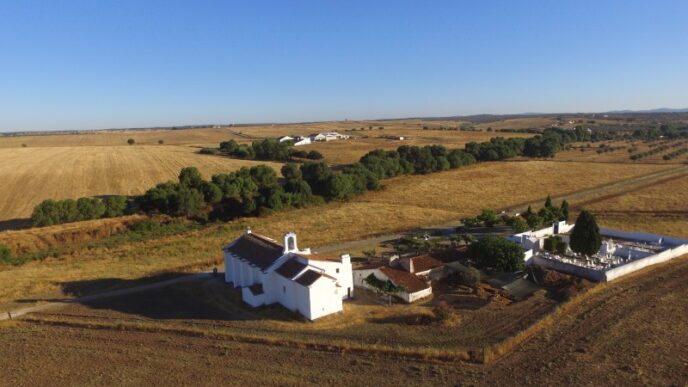Early Life and Background
Henry the Navigator was the third son of King John I and Philippa of Lancaster, who was the daughter of John of Gaunt of England. He was likely born in Porto, possibly at the Monastery of Leça do Balio. Henry and his older brothers, Duarte and Pedro, were educated under their parents’ supervision. Henry developed a strong interest in chivalric romance and astrological literature. He also had ambitions to join military campaigns and hoped to win a kingdom for himself.
Role in the Capture of Ceuta
In 1415, Prince Henry played a crucial role in the capture of Ceuta, a strategic city on the North African coast. The Portuguese forces, led by King John and his sons, including Henry, launched a surprise attack on the city. Ceuta fell in a single day on August 22, leading to a chaotic round of looting and a massacre. Henry’s bravery and leadership during the assault earned him a knighthood and the title of Duke of Viseu.
After the capture, Henry was tasked with defending Ceuta. In 1419-20, he successfully resisted a massive counterattack, solidifying his reputation as a capable military leader. Ceuta became a base for launching attacks on nearby Muslim settlements, with enemy ships in the Mediterranean being ruthlessly sunk. This aggressive strategy was perhaps the real purpose behind capturing the city.
The capture of Ceuta had significant strategic importance. It allowed the Portuguese to control the entrance to the Mediterranean, disrupting Muslim trade routes and establishing a foothold in North Africa. This move was a stepping stone for future Portuguese explorations and expansions.
The aftermath of the capture saw Henry persuading the king to fund further campaigns, although not all were successful. For instance, an expedition to Tangiers in 1437 ended in failure, with Henry having to hand over his brother Ferdinand as a hostage to secure a retreat. Despite this setback, Henry’s actions in Ceuta marked the beginning of the age of discovery in Portugal, reshaping global trade and cultural exchanges through maritime exploration and the establishment of a global empire.
Patronage of Voyages
Henry the Navigator, despite his title, never actually went on any voyages himself. Instead, he played a crucial role in sponsoring and organizing expeditions. He collected a 20% tax on profits from these voyages, a common practice in Iberian states at the time. The nearby port of Lagos served as a convenient home base for these expeditions, which were often carried out in small, maneuverable ships called caravels. These ships, equipped with lateen sails, were perfect for navigating along the coast and stopping at night.
Henry’s motivations for exploration were varied. He was driven by a desire to expand Portuguese territory, spread Christianity, and find new trade routes. His sponsorship led to the discovery of places like the Madeira Islands and the exploration of the African West Coast. Although he never sailed himself, his support for these voyages significantly advanced the knowledge of geography, mapmaking, and navigation.
Among the key expeditions sponsored by Henry were those that led to the discovery of Porto Santo in the Madeira archipelago. These voyages were often risky and required a great deal of daring. Over 12 years, Henry funded 14 expeditions with the help of Italian bankers, aiming to round the cape. Despite many failures, these efforts eventually paid off, thanks in part to the innovative design of the lateen-rigged caravel.
Henry also contributed to technological innovations in navigation. He established a school for navigation in Sagres, where he employed cartographers, shipbuilders, and instrument makers. This school became a hub for developing new maps, ships, and navigational instruments, furthering the history of the Portuguese navy and its maritime prowess.
Establishment of Sagres
Prince Henry established his court at Sagres, a place that became a hub for maritime exploration. Although the famous “Sagres school” is often mentioned, its existence remains unproven. However, the nearby port of Lagos was a significant departure point for many expeditions. Henry’s court at Sagres attracted a diverse group of experts, including mariners, astronomers, ship designers, mathematicians, navigators, and cartographers. This gathering of minds led to advancements in navigational instruments and cartography, which were crucial for the success of Portuguese voyages.
Henry’s patronage played a key role in the development of the Portuguese caravel, a new type of ship that was essential for long voyages. His efforts also led to the improvement of navigational tools, making it easier for sailors to explore unknown waters. The court at Sagres became a melting pot of knowledge, where scholars from different backgrounds, including Jews and Muslims, shared their expertise. This exchange of ideas was instrumental in the progress of maritime exploration.
Pedro Nunes, a sixteenth-century Portuguese mathematician and cosmographer, noted that sailors from Sagres were well-taught and equipped with the necessary instruments and rules for navigation. This highlights the importance of Sagres as a center for learning and innovation in the field of navigation. The contributions made at Sagres had a lasting impact on the life and discoveries of Vasco da Gama and other explorers, reshaping global trade and exploration.
Impact on the Age of Discovery
Henry the Navigator is often credited with sparking the Age of Discovery, a period when European nations expanded their reach to Africa, Asia, and the Americas. Although Henry himself was neither a sailor nor a navigator, he sponsored many exploratory sea voyages. His efforts connected the world’s people and began the process of European colonization and capitalism. In 1415, his ships reached the Canary Islands, and in 1418, the Portuguese discovered the Madeira Islands, establishing a colony at Porto Santo. These voyages laid the groundwork for future explorations and the eventual transatlantic slave trade.
Involvement in the African Slave Trade
Henry the Navigator played a significant role in the early days of the African slave trade. He sought opportunities to take part in West African commerce, especially the trade of gold and of enslaved persons, and to establish potentially profitable ventures. This involvement brought him both enrichment and glory. Surprisingly, during his time, Henry was not criticized for this trade. Instead, he was widely congratulated and applauded for finding a new source of wealth, damaging Islamic trade networks, and giving pagans the opportunity to know the Christian faith. These arguments were used to justify colonialism in the minds of those who supported his actions.
Initiation of the Trade
In 1442, Antam Goncalves sailed back to Cape Bianco and returned with more gold dust and ten black Africans. The following year, Portuguese explorers returned from Africa with nearly thirty slaves. Within ten years, thousands of slaves had been transported by sea to Portugal and the Portuguese Islands. This marked the beginning of a tragic era that would continue for centuries.
Economic Implications
The slave trade had a profound economic effect on Western Africa. Coastal states became rich and powerful, while savanna states were destabilized as their people were taken captive. The influx of enslaved persons to Portugal and its islands created a new source of wealth for the Portuguese, further encouraging the continuation of this inhumane practice.
Ethical Considerations
The ethical implications of Henry’s involvement in the slave trade are complex. While he was celebrated in his time, modern perspectives view his actions as deeply problematic. The trade caused immense suffering and had long-lasting negative effects on African societies. The justification of spreading Christianity and damaging Islamic trade networks does not excuse the human cost of this tragic chapter in history.
Death and Legacy
Henry the Navigator passed away in 1460 in Sagres, Portugal. By the time of his death, Portuguese explorers and traders had reached as far as modern-day Sierra Leone. He was laid to rest in an impressive tomb in the Batalha Monastery in central Portugal. Henry did not live to witness the full extent of the empire he helped to create. His death marked the end of an era, but his influence continued to shape the future of exploration.
Henry’s legacy is a complex one. On one hand, he is remembered as the founding father of Portugal’s maritime empire. His investments and dedication led to many new maritime inventions, including the caravel, which were crucial for the advancement of maritime trade. These scientific advancements were significant in human history and paved the way for further progress.
However, Henry’s legacy is also marked by exploitation, genocide, and slavery. He played a role in designing the Portuguese Colonial Empire, which involved enslaving people in West Africa and bringing them to Portugal. His colonization efforts sparked some of humanity’s greatest atrocities, including violence against indigenous peoples and the loss of their culture and religion.
Frequently Asked Questions
Who was Henry the Navigator?
Henry the Navigator was a Portuguese prince born on March 4, 1394, in Porto, Portugal. He is famous for sponsoring voyages of discovery along the western coast of Africa and the Madeira Islands. Despite his nickname, he never actually went on these voyages himself.
What was Henry the Navigator’s role in the capture of Ceuta?
In 1415, Henry played a key role in helping his father, King John I of Portugal, capture the Moroccan city of Ceuta. This event marked the beginning of Portuguese expansion into North Africa.
Why did Henry the Navigator sponsor voyages of exploration?
Henry sponsored voyages for several reasons: to expand Portuguese territory and wealth, to spread Christianity, and to satisfy his curiosity about the world. His efforts helped start the Age of Discovery.
What was the significance of the court at Sagres?
Henry established a court at Sagres where he gathered experts in navigation, cartography, astronomy, and ship design. This court became a center for maritime knowledge and innovation, contributing significantly to the success of Portuguese explorations.
How did Henry the Navigator impact the African slave trade?
Henry’s sponsorship of voyages along the African coast led to the beginning of the Portuguese involvement in the African slave trade. This had significant economic implications and raised ethical questions that are still discussed today.
What is Henry the Navigator’s legacy?
Henry’s legacy includes the expansion of Portuguese territory, the advancement of navigation and exploration techniques, and his controversial role in the African slave trade. He is remembered as a key figure in the Age of Discovery.

